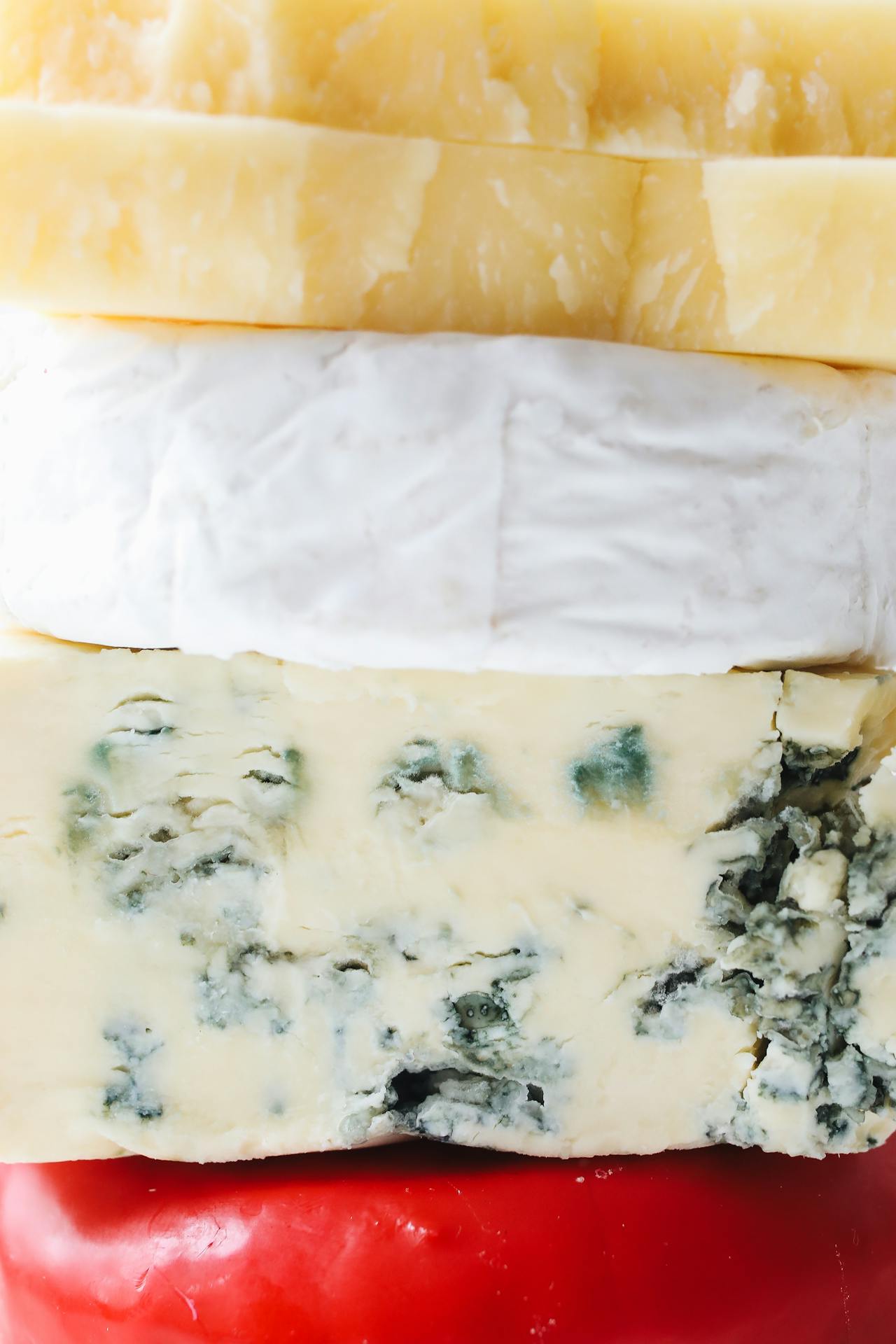Calories in GARDEN VEGETABLES ORGANIC SOUP, GARDEN VEGETABLES
Serving Size: 250.0ml
Amount Per Serving
- Calories 80.0
- Total Fat 0.5 g
- Saturated Fat 0.0 g
- Cholesterol 0.0 mg
- Sodium 610.0 mg
- Potassium 0.0 mg
- Total Carbohydrate 15.0 g
- Dietary Fiber 3.0 g
- Sugars 3.0 g
- Protein 4.0 g
- Vitamin A 0.0 IU
- Vitamin B-12 0.0 µg
- Vitamin B-6 0.0 mg
- Vitamin C 0.0 mg
- Vitamin D 0.0 IU
- Vitamin E 0.0 mg
- Calcium 0.0 mg
- Copper 0.0 mg
- Folate 0.0 µg
- Iron 0.0 mg
- Magnesium 0.0 mg
- Manganese 0.0 mg
- Niacin 0.0 mg
- Pantothenic Acid 0.0 mg
- Phosphorus 0.0 mg
- Riboflavin 0.0 mg
- Thiamin 0.0 mg
- Zinc 0.0 mg
Note: The nutrition information for this food comes from the USDA Food Central Database. The data from the USDA is generally pretty accurate. However, please use the data on this page at your own risk. Daily values are based on a 2,000 calorie per day diet put forth by the FDA. Actual daily nutrient requirements may be different based on your gender, age, level of physical activity, medical issues and other factors.
Ingredients
WATER, POTATOES*, CARROTS*, CORN KERNELS*, CHICK PEAS*, BUTTERNUT SQUASH*, RED PEPPERS*, NUTRITIONAL YEAST, SEA SALT, GARLIC*, SPICES*, LACTIC ACID.Calorie Analysis
The food GARDEN VEGETABLES ORGANIC SOUP, GARDEN VEGETABLES, based on the serving size listed above, would account for 4% of your daily allotted calories based on a 2,000 calorie diet. The majority of the calories for this food comes from carbohydrates. Carbohydrates make up 75% of the calories.Exercise Burn Time
The above food(GARDEN VEGETABLES ORGANIC SOUP, GARDEN VEGETABLES) has 80 Calories per 250.0ml. For someone weighing 170 pounds, if they did the exercise Dancing, it would take about 12.3 minutes to burn the calories. You can find more information on the calories burned doing popular exercises here.Other Food Calorie Information
- Calories In GREEN SPLIT PEAS ORGANIC SOUP, GREEN SPLIT PEAS
- Calories In CHIMICHURRI ARGENTINIAN PESTO WITH CILANTRO, PARSLEY & JALAPENOS
- Calories In UNSWEETENED VANILLA ALMOND-MILK, UNSWEETENED, VANILLA
- Calories In DARK CHOCOLATE WITH CAPE GOOSEBERRIES PIECES, CAPE GOOSEBERRIES
- Calories In MEDITERRANEAN ORIGINALS BABA GHANNOUJ ROASTED EGGPLANT DIP & SPREAD, BABA GHANNOUJ
- Calories In GOAN CURRY GOURMET SIMMERZ SAUCE, GOAN CURRY
